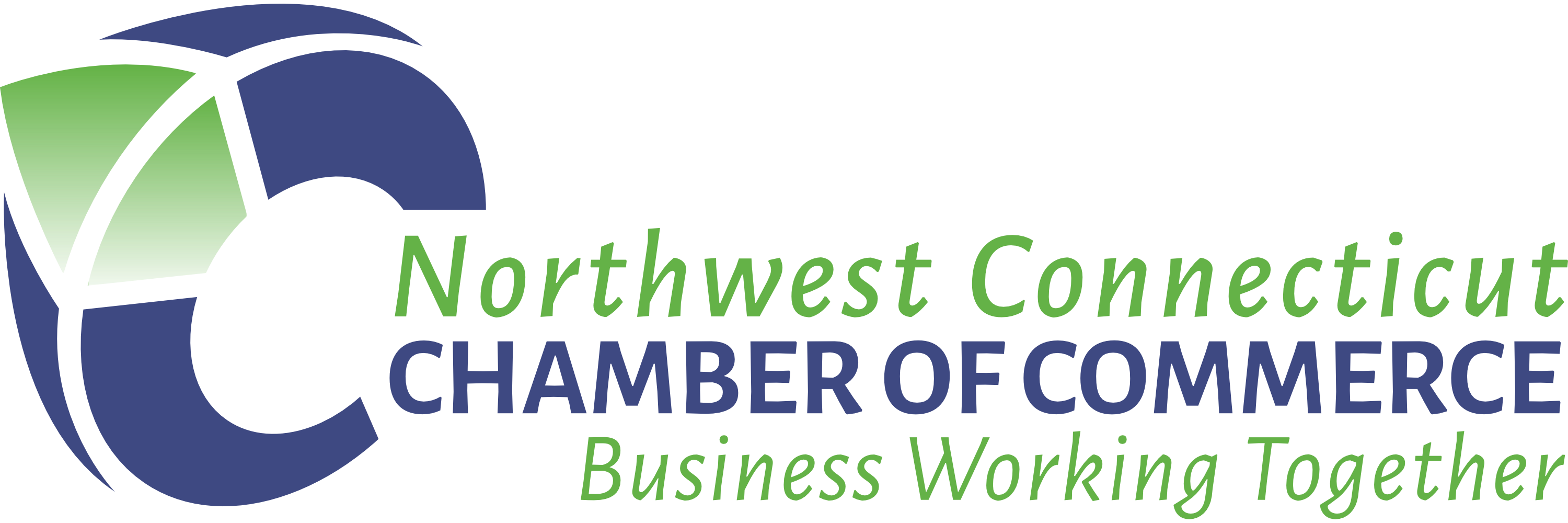SBA Launches “Community Navigator Pilot” Program Application
SBA Launches ‘Community Navigator Pilot’
Program Application
$100 million competitive grant program to strengthen outreach to businesses in underserved communities enacted through the American Rescue Plan
WASHINGTON – The U.S. Small Business Administration (SBA) announced today that it is accepting applications for its new Community Navigator Pilot Program. This new initiative, established by the American Rescue Plan, will leverage a community navigator approach to reach our nation’s smallest businesses, with a priority focus on those owned by socially and economically disadvantaged individuals, as well as women and veterans. SBA will accept applications through July 12, 2021, and anticipates making award decisions by August 2021. The Biden-Harris Administration has made delivering equitable relief to hard-hit small businesses a top priority and will continue to take steps to ensure equitable distribution of relief.
“The Community Navigator Pilot Program is a crucial addition to our SBA programs because it helps us to connect with small businesses that have historically been underserved or left behind. These businesses – the smallest of the small in rural and urban America, and those owned by women, people of color, or veterans – have suffered the greatest economic loss from this pandemic,” said SBA Administrator Isabella Casillas Guzman. “We’ll be using a hub and spoke model in local regions across the nation to bridge the gap between local entrepreneurs and SBA’s resources and programs. If we’re going to build back better, we need to ensure that all entrepreneurs have the support they need to recover.”
In February 2021, Congress met to provide a blueprint on assistance to small businesses with provisions under the American Rescue Plan. Members of Congress met with constituents to discover at local levels the impact of the pandemic and the effect it is having on businesses that may have been left out in early rounds of relief.
“I’ve spoken to small businesses in every corner of Arizona. Far too many of them, especially tribal and minority-owned businesses and those in rural communities, have been unable to get the support they need,” said Sen. Mark Kelly of Arizona. It’s why I fought to include the Community Navigator Program in the American Rescue Plan because it will help meet Arizona small businesses right in their communities, including providing assistance for Spanish-speakers, and get them the relief they need to keep their doors open and workers on payroll.”
“As someone proudly representing one of the most diverse congressional districts in the country, I am glad the Community Navigator Pilot Program will soon be launching,” said Rep. Carolyn Bourdeaux of Georgia. “We have already seen the difficulties diverse communities face in accessing critically-needed relief resources, from securing PPP funds to rental relief. Through targeted outreach to small businesses in underserved communities, we can ensure that everyone is able to take advantage of the resources offered by the American Rescue Plan.”
The Community Navigator Notice of Funding Opportunity will be open to applications from nonprofit organizations, state, local, and tribal governments, SBA resource partners, and other organizations. Selected partners will engage in targeted outreach for small businesses in underserved communities to help small businesses get the resources and support they need to get back on track as the economy continues to recover from the COVID-19 pandemic.
“Our small business owners—especially those owned by socially and economically disadvantaged individuals, people of color, women, veterans, and Native Americans—they need us the most, and they need us now,” said SBA Associate Administrator for the Office for Entrepreneurial Development Mark Madrid. “This initiative underscores our Agency’s commitment to connecting distressed small business resources with SBA resources and grant funding.”
“The SBA understands the importance of partnering with organizations as well as smaller, local institutions that are already embedded in the fabric of the Main Street business communities they serve,” said Assistant Administrator for the Office of Women’s Business Ownership Natalie Madeira Cofield. “Community Navigators are the backbone of aiding underserved and underrepresented communities across the nation with recovery.”
Making a Difference in Underserved Small Business Communities. Key in this initiative are partners and people in the community, serving as a two-way information stream, enabling enterprising business owners to receive the help needed from the SBA. Serving as the foundation of America’s economy, these underserved businesses have areas of concern that need to be addressed. Community Navigator Pilot will provide counseling, networking, and the assistance needed during this time of economic recovery.
Competitive grant awards will range from $1 million to $5 million for a two-year performance period. Applicants have until July 12, 2021, to submit their applications at grants.gov. Performance periods are projected to commence in September 2021. Those eligible to apply must meet and demonstrate abilities to support the requirements of this funding opportunity.
For more information on the Community Navigators Initiative, please visit www.sba.gov/navigators.
###
About the U.S. Small Business Administration
The U.S. Small Business Administration helps power the American dream of business ownership. As the only go-to resource and voice for small businesses backed by the strength of the federal government, the SBA empowers entrepreneurs and small business owners with the resources and support they need to start, grow or expand their businesses, or recover from a declared disaster. It delivers services through an extensive network of SBA field offices and partnerships with public and private organizations. To learn more, visit www.sba.gov.
